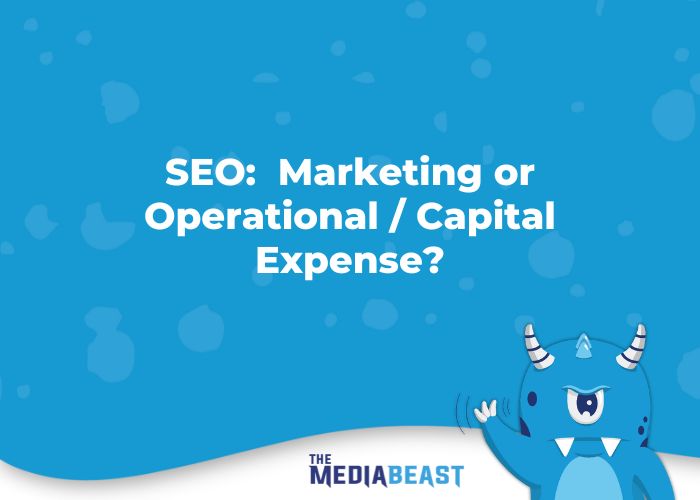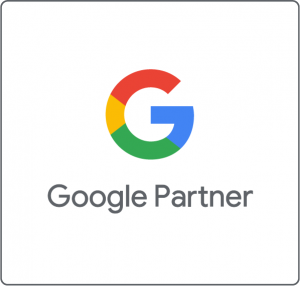Any business that leverages their online presence to grow their business must pay attention to search.
If you don’t think so than you’re probably not going to be in business very long or you’re not meeting or exceeding your potential, or your business doesn’t need the internet to be successful. The space on search result pages is becoming more and more competitive.
Getting buy-in for an SEO investment is already difficult enough. But we also face the challenge that many companies still question where it fits in with their overall marketing budget. A big takeaway to explain to your clients is this statement: “SEO is NOT advertising.” Most companies have SEM (paid ads) budgets in their overall marketing budget. One client I’ve worked with for several years gets about 60% of their traffic from organic search, yet they spend approximately 7x-10x more on paid search efforts which is driving 20% of their traffic. I don’t think this is an unusual case. I think this is more likely the norm.
Being in front of customers during their searching process is critical. Because of this it’s not a marketing expense, it’s an operational expense and to some large companies with several locations, a capital expense.
Here’s an example: My son plays baseball and I need to purchase new cleats for the season. But Amazon is sold out and I’ve procrastinated. I need to find a store location that would have some in stock and hopefully his size. I would search…”Where can I buy baseball cleats near me” From an analytics stand point we know that people are making this search. If we create a store locator on the site, optimize the page, we can then help searchers like myself find the product I’m looking for locally. That saves from people calling customer service which is an operational expense.
By optimizing this page for search results it helps the customer and saves the business money and time. It’s a way of doing business. If you put a press release out then the press release should have appropriate links. Blogs or news should be tagged, distributed through blog aggregators, social media outlets, and should have anchor text linked to the appropriate locations.
This is a standard of operation for any business wanting to succeed in the online space. It’s not an option it’s the protocol, otherwise don’t bother with your website. You wouldn’t try to maintain a garden and never give it water. It’s the same thing. If you you create content, give it legs, and help it grow, at least sprinkle some SEO on it.
Search Engine Marketing, or “SEM”. (paid Ads) is a marketing expenditure. It is instantly perishable and each time you have to buy advertisement to get customers to your site. SEM is a variable cost. So, this affects the expense, not the asset.
But, SEO is not like that. Because, it is not intended for short term marketing. SEO has reusability and brings you customers even after the SEO is finished. So when speaking to clients and prospects, the starting point of most conversations should be around their organic health (SEO) and how that is the foundation of what comes next in terms of marketing. SEO should be labeled as either an operational expense, or because of the longevity, a capital expense that is necessary.
PROVEN STRATEGIES FOR GETTING MORE SEARCH TRAFFIC TO YOUR SITE
Why SEO Maters More Than Ever
If you want to get traffic to your website, it’s essential to understand Search Engine Optimization (SEO). Here’s why…
Between 2010 to 2015, you could get enormous amounts of traffic from social media. If you created a blog post with an interesting title and an eye-grabbing picture, you could bet that a lot of people would click on it when they saw it on Facebook. Websites like Buzzfeed took advantage of this by creating endless listicles (like “22 Reasons Seinfeld Is The Best Show Ever”). Loads of people would see these articles, click on them, and then share them with their friends. Since then, however, things have changed dramatically. Facebook (and other social media platforms) realized that they were basically giving free publicity to businesses.
If businesses want to get people’s attention, shouldn’t they have to pay for it? So, Facebook started making it much more difficult for businesses to grab people’s attention. Whereas before, 10,000 people might see a post shared by a business, now only 1,000 people would see it (those aren’t the WINNING THE SEO GAME • 5 actual numbers, but you get the point). If a business wanted to get a lot of exposure, they would have to pay for it. The end result of all this is that it’s now super tough to get as much traffic from social media.
You either need to have a massive following or be willing to shell out a fair amount of cash. This is why SEO matters so much. SEO is the process of optimizing your website (pages, blog posts, and more) for search engines like Google. If you understand it and do it right, you can get a significant amount of traffic from search engines. In other words, when people use Google to search for specific terms, your site will show up near the top of the results. People will click on your site and read your awesome content.
Pretty simple, right? WINNING THE SEO GAME • 6 Well, sort of. The general concept behind SEO is simple but it’s a little more complicated in practice. Which makes sense, of course. There are trillions of web pages out there and Google has to be able to understand them and give the relevant ones to searchers. One of the primary goals of SEO is to make your website stand out from everything else.
You want to make your site as appealing as possible to Google. The more appealing it is, the more it will be shown to searchers and the more traffic you’ll get. So, how do you make your site stand out in the eyes of Google?
That’s what this eBook is all about. You’ll find practical, proven SEO strategies that will increase your Google rankings.




